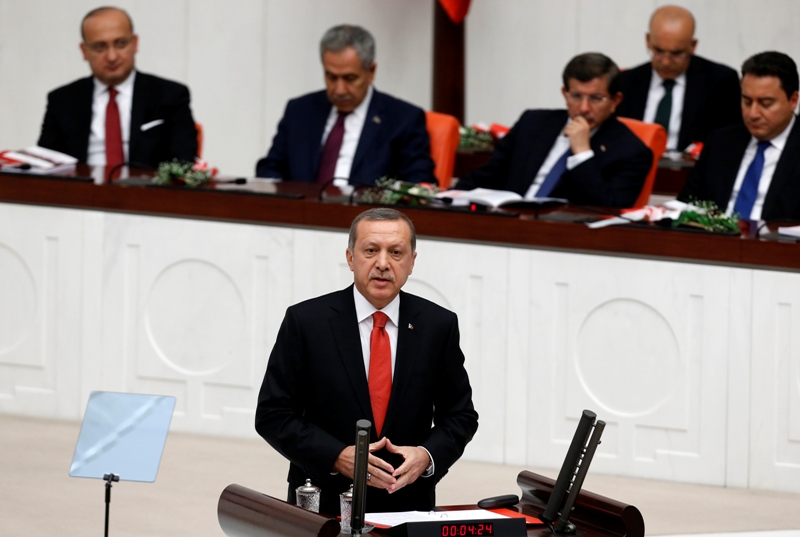Turkey risks a serious backslide in democracy unless a recent trend of erosion of media freedom is reversed, the International Press Institute (IPI) warned today at the close of a joint press freedom mission to the country with the Committee to Protect Journalists (CPJ).
The warning followed a four-day mission in which an international IPI/CPJ delegation met with journalists, academics, attorneys and government representatives in Istanbul and Ankara, including President Recep Tayyip Erdoğan and Prime Minister Ahmet Davutoğlu.
Delegates from IPI and its affiliate, the South East Europe Media Organisation (SEEMO), welcomed the opportunity to reopen dialogue with Turkey’s government. But they said that the reports they heard during the mission painted a deeply troubling picture of the state of media freedom in the country. They also expressed disappointment in the aggressive and, at times, dismissive response by the president and the prime minister to well-documented instances of pressure on Turkish media outlets.
“Our visit has led us to the conclusion, however unfortunate, that not only is Turkey still a leading jailer of journalists in Europe, but also that other grave threats to media freedom have emerged since IPI conducted its last press freedom mission to Turkey in 2012,” Russian journalist and IPI Executive Board Chair Galina Sidorova said.
Sidorova, one of seven IPI Executive Board members that took part in the mission, added: “Government pressure – both direct and indirect – on journalists and media owners, a weakened system of checks and balances and a polarised political climate in which toxic, anti-media rhetoric is allowed to flourish have added to long-standing problems with media freedom in a country that touts its standing as part of the democratic world.”
IPI did, however, welcome several positive commitments made by Turkish officials. Prime Minister Davutoğlu told the delegation that Turkish journalists who received threats could turn to his office for support and that he would accept input from IPI and SEEMO on identifying legal provisions that do not meet international standards. IPI also welcomed a pledge by the country’s justice minister to allow an attorney from outside Turkey to conduct an independent review of the cases of journalists who remain behind bars.
“But we urge authorities to immediately release our colleagues, to stop imprisoning journalists and to end trials against them brought under the pretext of the ‘war on terrorism’, which has become a common official practice in dealing with critical reporting,” Sidorova said. “We similarly urge the Turkish government to reform restrictive anti-media legislation, including overly broad criminal and anti-terrorism laws that have been used to imprison a record number of journalists in recent years.”
Those and other recommendations will be part of a report on the mission IPI is currently preparing, and which IPI plans to release in the coming weeks.
CPJ today issued a separate press release.



